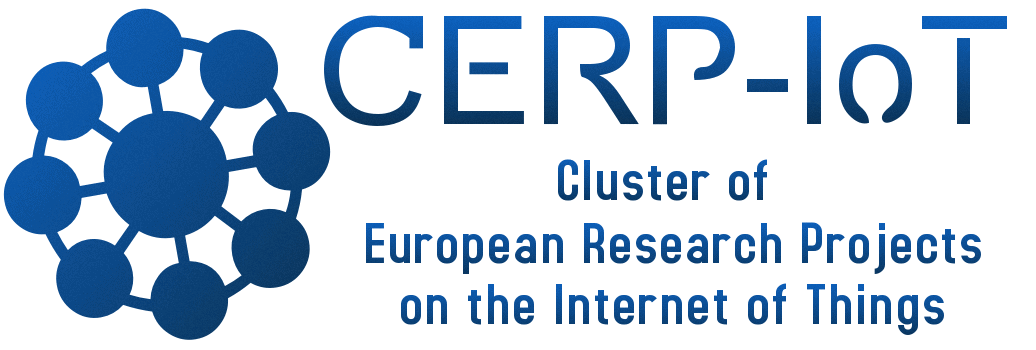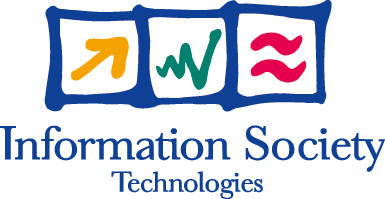- 05 Feb 2009
- Related projects
- 4339 Reads
Full Name: | Semantic interfaces for mobile services | |
Basic data: | Type of the project: | EU IST FP6 project, STREP |
| IST SO: | 2004-2.4.5 Mobile and Wireless Systems and Platforms Beyond 3G | |
| Project Reference: | 027610 | |
| Launch: | January 2006 | |
| Duration: | 30 months | |
| Consortium: | 7 partners from 5 countries | |
| Coordinator: | SINTEF, Norway | |
Website: | http://www.ist-sims.org/ | |
Description: |
This project is about a novel technology, dubbed
semantic interfaces, enabling rapid development, dynamic discovery, and
composition of mobile services. Compared to the well known static
interfaces currently in use, semantic interfaces also define the dynamic
behaviour and the goals of the collaboration across an interface. This
enables safety and liveness properties to be checked effectively and to
support service discovery and service composition at runtime with
compatibility guarantees. SIMS will provide tools for design and validation of service components with semantic interfaces. SIMS will provide middleware that enables discovery and validation of service opportunities between peers in ad-hoc interactions. The middleware will support efficient deployment of service components through runtime composition of applications from service components. Enabling technologies for rapid service design and deployment is a special priority of the 2.4.5 Strategic Objective, specifically focusing on interoperability. Advances in design tools and methods developed by this project address the design problem, while new middleware mechanisms address deployment. Interoperability is addressed by mechanisms for runtime discovery of service opportunities between ad-hoc peers, across terminal, network and operator boudaries. By making it possible to discover service component interoperability at runtime, SIMS will enable a new model for rapid deployment and delivery of reliable services. SIMS is based on recent basic research within modelling and validation of teleservices exploiting semantic interfaces and service ontologies. The core idea of SIMS is that semantic interfaces provide new means to specify and design service components and to guarantee compatibility in static and dynamic component compositions. They enable scalable service discovery, selection and composition mechanisms at runtime. Semantic interfaces are instrumental to a rapid and goal driven process. | |





 The Hydra project is co-funded by the
The Hydra project is co-funded by the 


